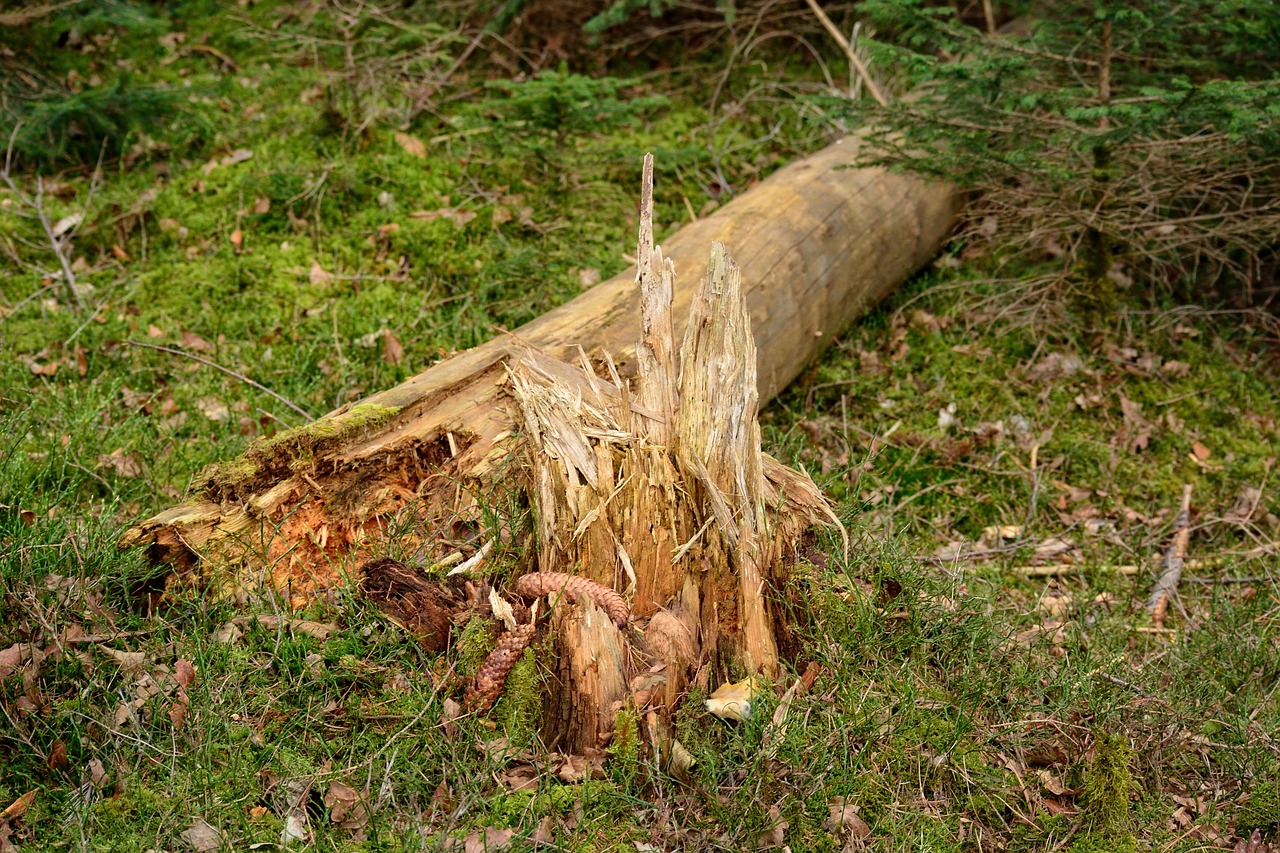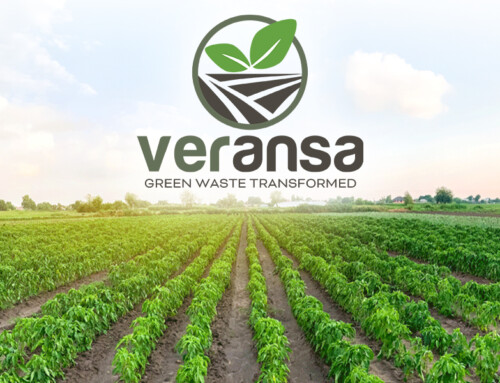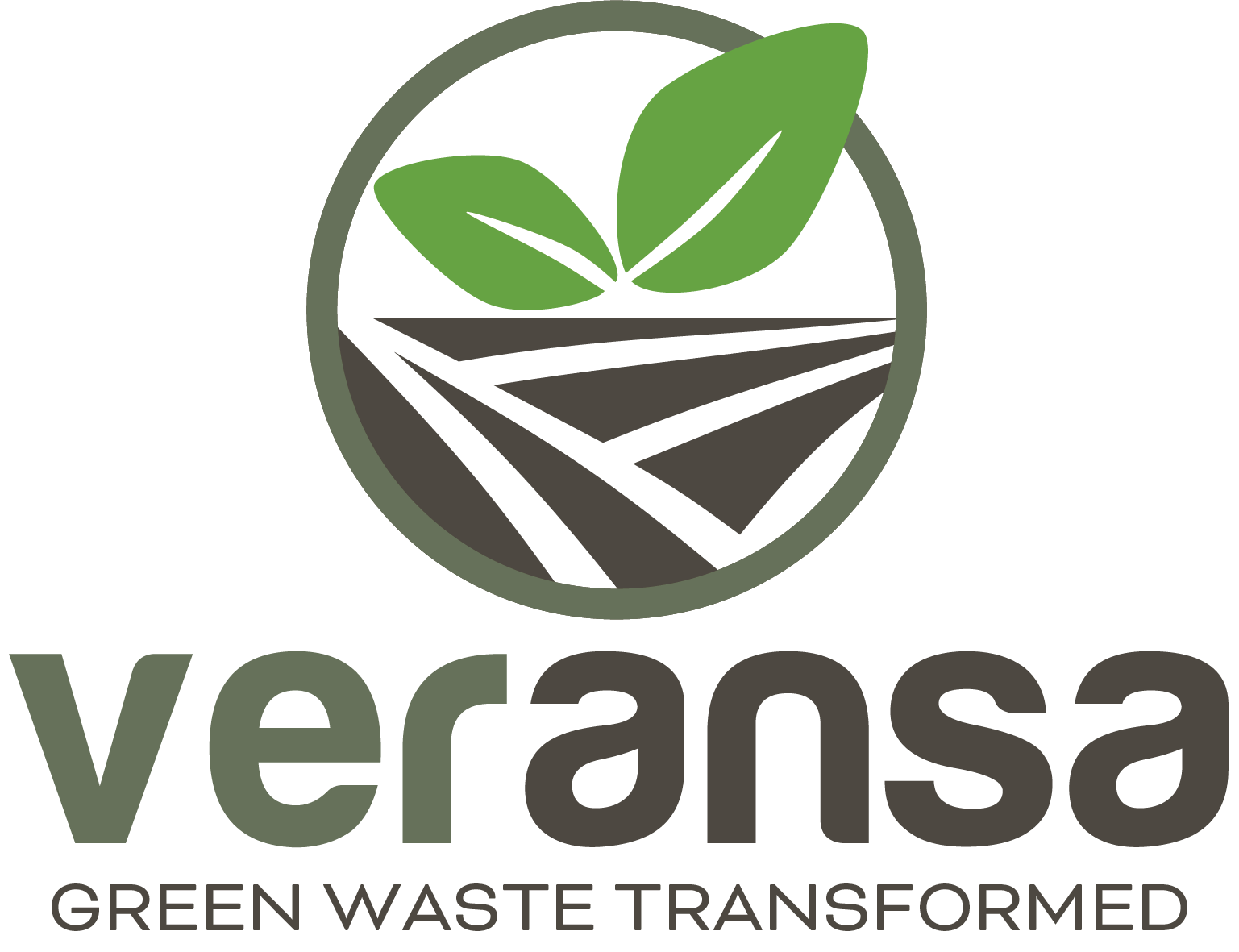Today’s environment demands that we all find eco-friendly and sustainable solutions in every aspect of life. For many Florida residents, yard waste disposal has become an essential part of living in our neighborhoods and planned communities. Whether you are cultivating a backyard garden, clearing trees, or cleaning up wood waste debris after a storm – we all need responsible ways to dispose of yard waste.
Appropriately disposing of yard waste includes finding a solution for grass clippings, leaves dropped from trees, palm fronds, and pruned branches. Local homeowners will be happy to know that there are options available for responsible yard waste disposal that not only keep your property neat and clean, but support initiatives for a greener planet.
Let’s take a look at the various methods of yard waste disposal available to homeowners, including how to locate yard waste disposal facilities.
Why You Should Care About Yard Waste Disposal
Yard waste is usually defined as leaves, grass, branches, twigs, brush, and other organic debris. All of these items result from everyday yard work and maintenance. While it may seem like disposing of these types of items shouldn’t be difficult, the impact of improper disposal of yard waste can become problematic for the environment when multiplied across thousands of residences. Approaching community yard waste with collective solutions is important for several reasons:
- Soil Enrichment: Yard waste is an essential component of organic compost and mulch, both of which can significantly enrich the soil. Using yard waste to create mulch and compost returns it to nature, improving the quality of the soil and encouraging healthier plant growth.
- Reduce Reliance on Landfills: One of the most significant contributors to landfills is yard waste, so diverting these organic items away from landfills saves space, lowers the need for more or bigger landfills, and reduces the localized environmental impact associated with these areas.
- Improve Community Aesthetics: Adequate and appropriate disposal of yard waste helps keep communities well-kept and attractive, elevating neighborhood pride, quality of life, and even value.
Responsible Yard Waste Disposal
Now that we agree that proper yard waste disposal is beneficial, let’s explore some of the options available to homeowners who want to create sustainable habits.
- Composting: Composting is the process of turning yard waste into nutrient-rich soil. Homeowners can build a compost pile or utilize a compost bin to process the yard and kitchen waste. Compost infuses garden soil with nutrients and minimizes (if not eliminates) the use of chemical fertilizers.
- Mulching: Leaves and small branches can be shredded and repurposed as mulch that can conserve soil moisture, discourage weed growth, and regulate temperature. Mulching is an efficient method of recycling yard waste while improving the vitality of your garden.
- Grasscycling: The best thing to do with grass clippings after mowing is known as “grasscycling.” Homeowners leave the clippings on their lawns rather than bagging them. The clippings decompose and return to the ground as nutrient-rich soil treatment.All of the above methods may take a little extra time, but they allow homeowners to support the environment and save money.
How Veransa Contributes to Sustainability in our Neighborhoods
At Veransa®, we consider yard waste a valuable environmental resource. Left alone, these green waste materials will naturally be repurposed into nutrients for enhanced soil fertility. Our company replicates this process on a large scale, utilizing innovative composting methods to produce high-quality soil amendments that benefit the comprehensive local environment – from residential gardens to community farms.
The Veransa Group accepts clean yard waste (leaves and branches), wood waste, grass clippings, and bulkier waste materials such as tree stumps and wood chips. We work with homeowners, landscapers, and municipalities looking for solutions to post-storm debris cleanup.





